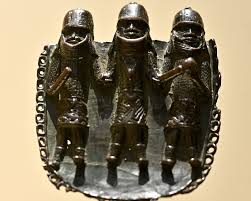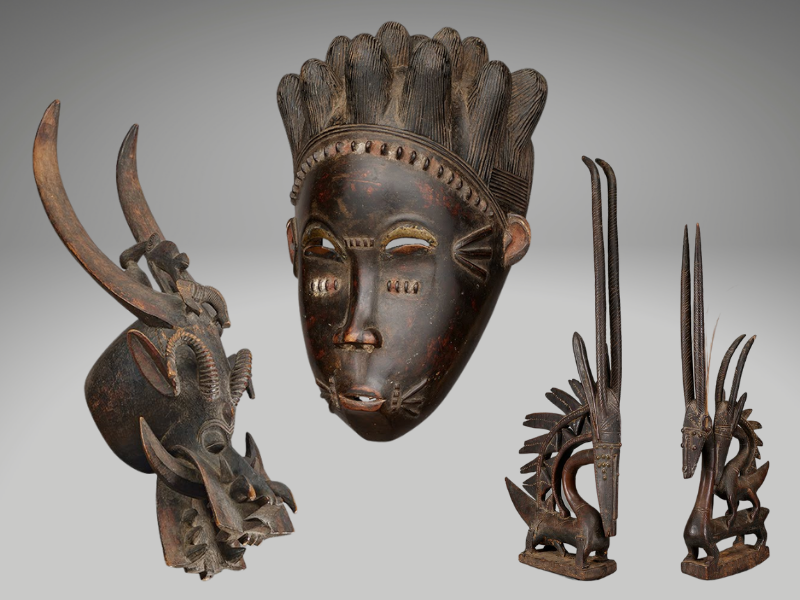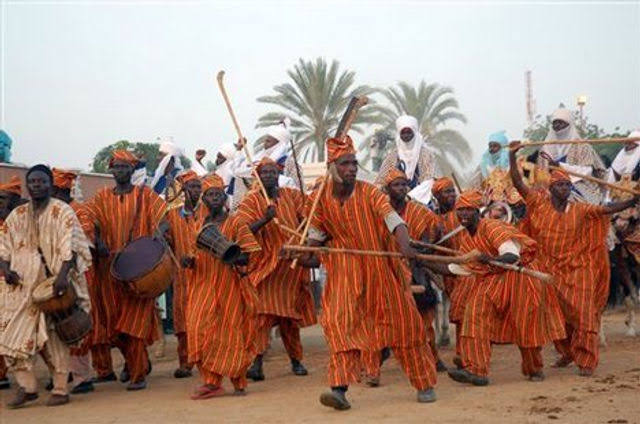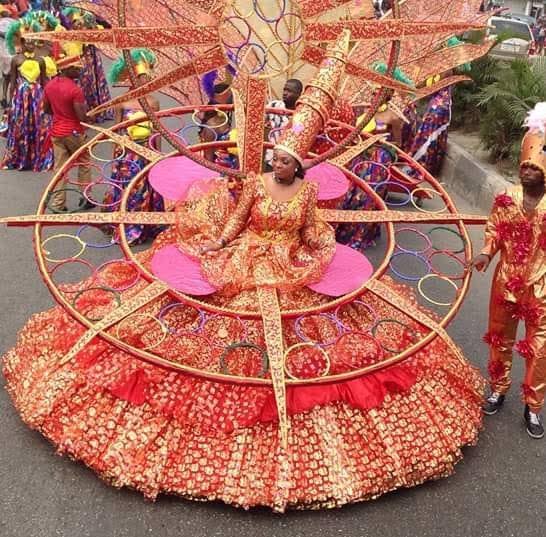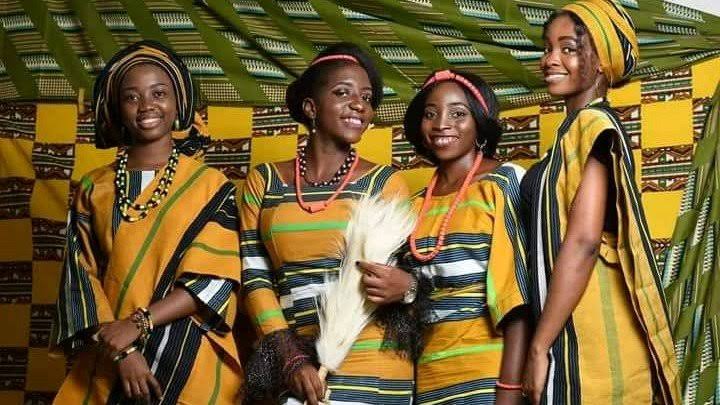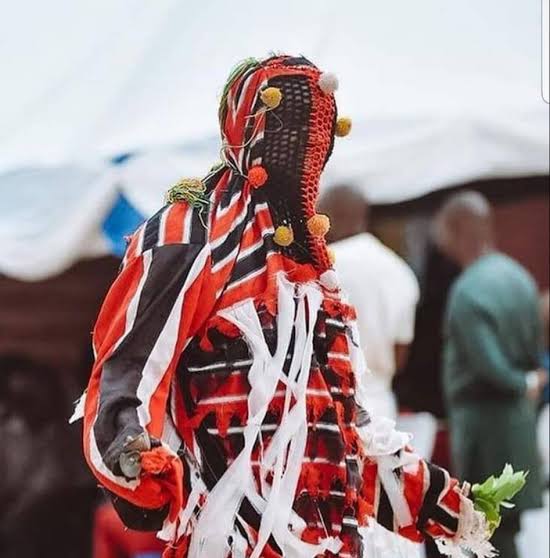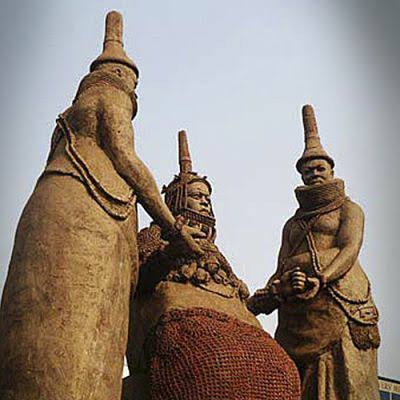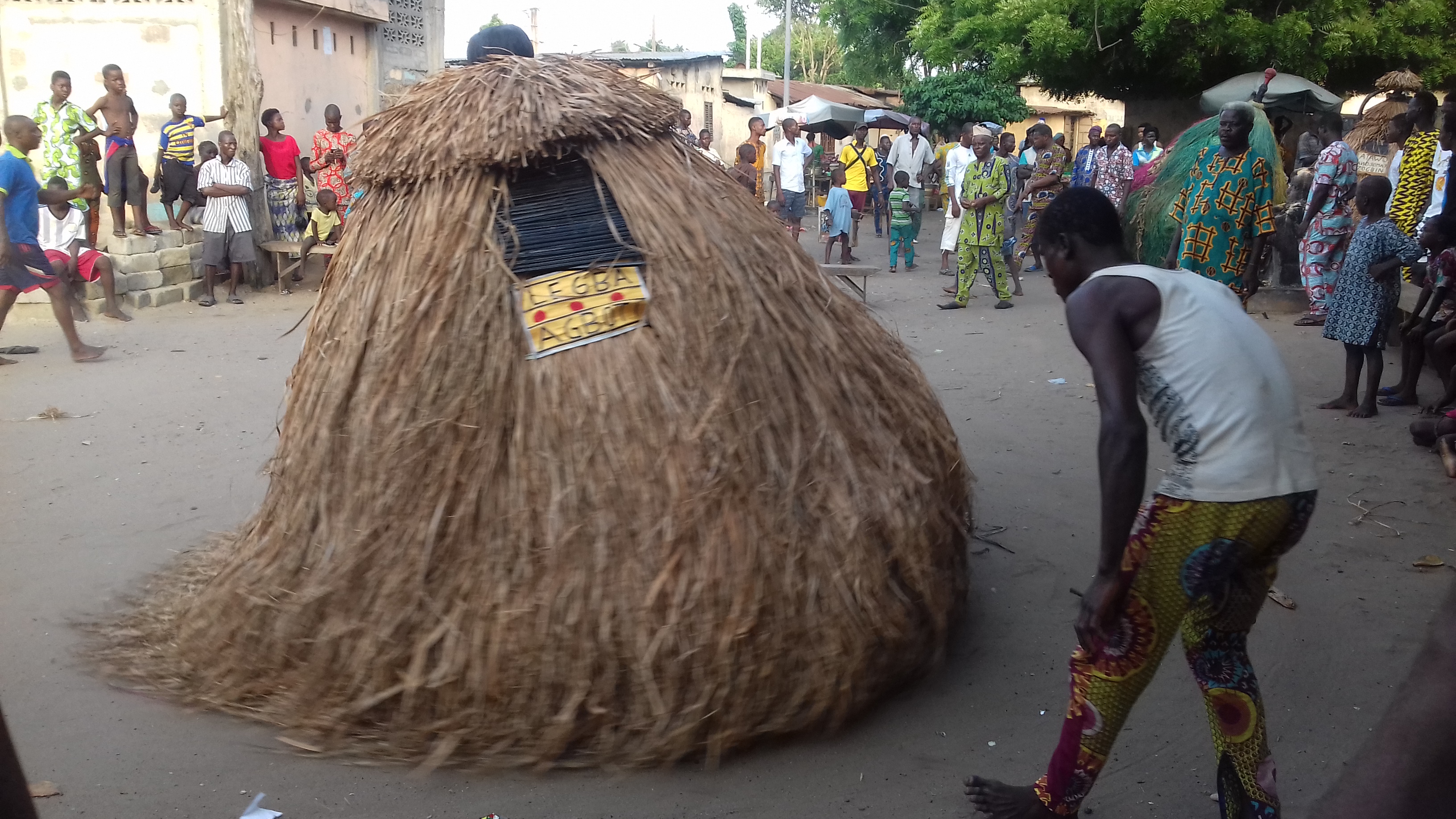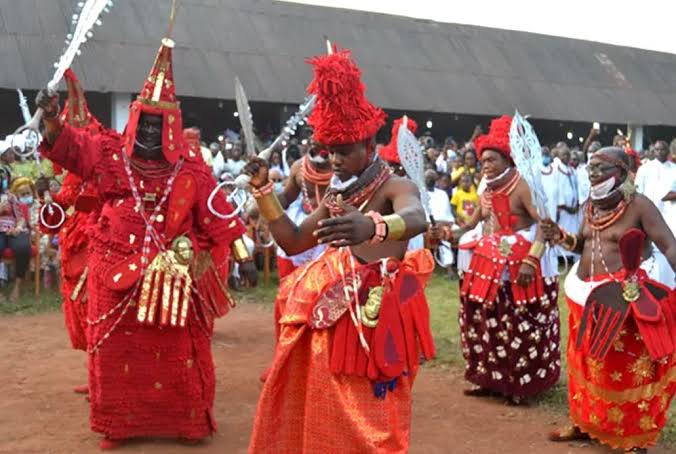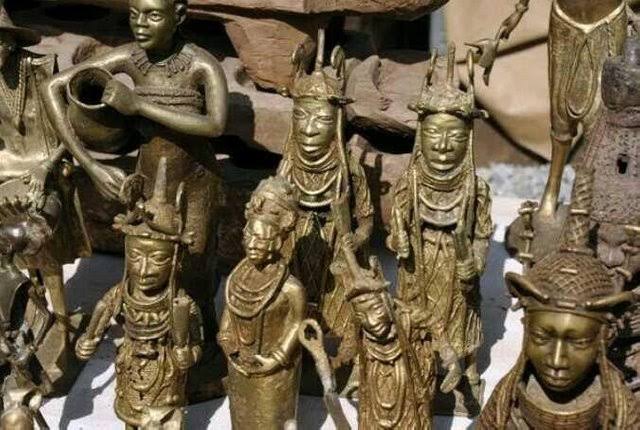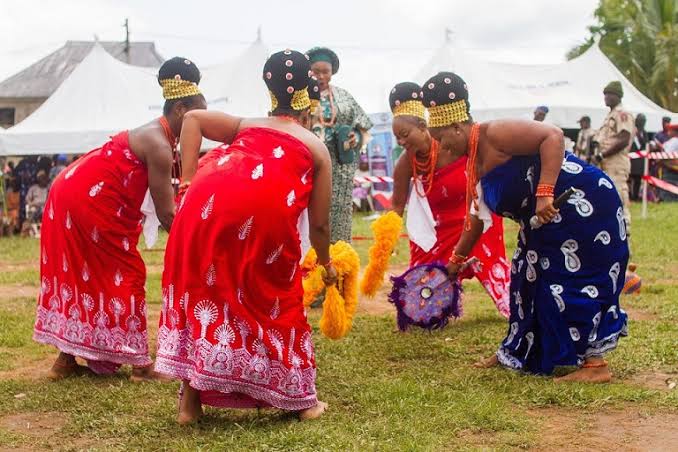Edo Culture
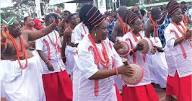
Description
The Edo people, primarily found in Edo State, Nigeria, are known for their rich cultural heritage, which is deeply intertwined with their history and social structure. The Edo culture, particularly that of the Benin Kingdom, has had a significant influence on the development of art, religion, and governance in West Africa. The Benin Kingdom, with its capital in Benin City, is one of the most renowned historical kingdoms in Nigeria, famed for its sophisticated art, architecture, and complex societal organization.
Historical Background
The history of the Edo people is closely linked with the Benin Kingdom, which dates back to around the 11th century AD. The kingdom was one of the most powerful in West Africa, known for its military prowess, diplomatic relations, and trade with European countries as early as the 15th century. The Oba of Benin, the traditional ruler, played a central role in the governance and religious life of the people.
Language
The Edo people speak the Edo language, also known as Bini, which is the predominant language in the region. It is part of the larger Edoid language family. The language is not only a means of communication but also a vessel for the transmission of the Edo people's cultural heritage, proverbs, folklore, and traditional wisdom.
Religion and Beliefs
Traditional religion among the Edo people is polytheistic, centered on the worship of a supreme deity known as Osanobua or Oghene, along with other deities (Orisha) and ancestral spirits. The Edo pantheon includes various gods and goddesses responsible for different aspects of life, such as fertility, health, and protection.
The Oba of Benin is considered both a political and spiritual leader, believed to be a descendant of the gods. Rituals, sacrifices, and festivals play a significant role in Edo religious life, with the aim of maintaining harmony between the people, their ancestors, and the deities.
With the arrival of Christianity and Islam, many Edo people converted to these religions. However, traditional beliefs and practices still persist, often blending with the newer religious practices. This syncretism is evident in many aspects of Edo culture, including festivals and ceremonies.
Social Structure and Governance
The Edo society is highly structured, with a hierarchical system of governance that reflects the kingdom's ancient traditions. At the top of this hierarchy is the Oba of Benin, who is revered as both a king and a divine figure. The Oba's court is composed of various chiefs and titled men, each responsible for specific duties and territories within the kingdom.
The Edo people also have a system of age grades, where individuals are grouped according to their age and expected to perform certain communal duties. This system fosters a strong sense of community and ensures that everyone contributes to the welfare of the society.
Festivals and Celebrations
Festivals are an integral part of Edo culture, serving both religious and social purposes. Some of the most prominent festivals include:
Igue Festival:One of the most important festivals in Edo culture, the Igue Festival is celebrated annually to honor the Oba of Benin and to seek blessings for the kingdom. It involves rituals, sacrifices, and elaborate ceremonies that highlight the grandeur of the Benin royal court.
Edo Festival: This festival, also known as the Ugie festival, is a celebration of the Edo people's history and culture. It features traditional music, dance, and the reenactment of historical events.
Eho Festival:Celebrated by the Esan people (a subgroup of the Edo), this festival is held to honor ancestors and ensure their blessings for the community. It includes masquerades, drumming, and other cultural performances.
Art and Craft
The Edo people are world-renowned for their artistic achievements, particularly in bronze casting, ivory carving, and woodwork. The Benin Bronzes, a collection of plaques and sculptures made from brass and bronze, are among the most famous art pieces from Africa. These works of art, which date back to the 13th century, depict various aspects of Edo life, including the Oba, warriors, and deities.
Edo art is not only appreciated for its aesthetic value but also for its historical significance. The artworks serve as records of the kingdom's history, culture, and social structure.
Marriage and Family Life
Marriage in Edo culture is a significant social institution, marked by elaborate customs and ceremonies. Traditionally, marriages were arranged by families, with the consent of the bride and groom. The process includes several stages, such as the payment of the bride price, introduction ceremonies, and the wedding itself.
Polygamy was traditionally practiced, though monogamy has become more common, especially with the influence of Christianity and modernization. The extended family plays a crucial role in the social structure, with family members supporting each other economically and socially.
References
1. Egharevba, J. U. (1968). "A Short History of Benin." This classic book provides an in-depth account of the history of the Benin Kingdom and its cultural heritage, including the social and political systems of the Edo people.
2. Plankensteiner, B. (2007). "Benin: Kings and Rituals - Court Arts from Nigeria." This book is a comprehensive study of Benin's court art, detailing the significance of the Edo people's artistic traditions.
3. Osadolor, O. B. (2001). "The Benin Kingdom: A Study of Cultural Continuity and Change." This work explores the cultural practices of the Edo people, with a focus on how traditional customs have adapted to modern influences.
4. Bradbury, R. E. (1957). "The Benin Kingdom and the Edo-speaking Peoples of South-Western Nigeria."This anthropological study provides a detailed analysis of the social structure, religion, and cultural practices of the Edo people.

Related Content
Opdwodowkdwiidwok djwkqdwqofhjqwlsqj jfkmclasdkjfjewlfjkwkdjoiqw fnedkwdkowfwhi jiowjiowhfiwkj rohriowjropwjrofwjrijeiwo edostatearchives.org
Opdwodowkdwiidwok djwkqdwqofhjqwlsqj jfkmclasdkjfjewlfjkwkdjoiqw fnedkwdkowfwhi jiowjiowhfiwkj rohriowjropwjrofwjrijeiwo edostatearchives.org
.png)
.png)
